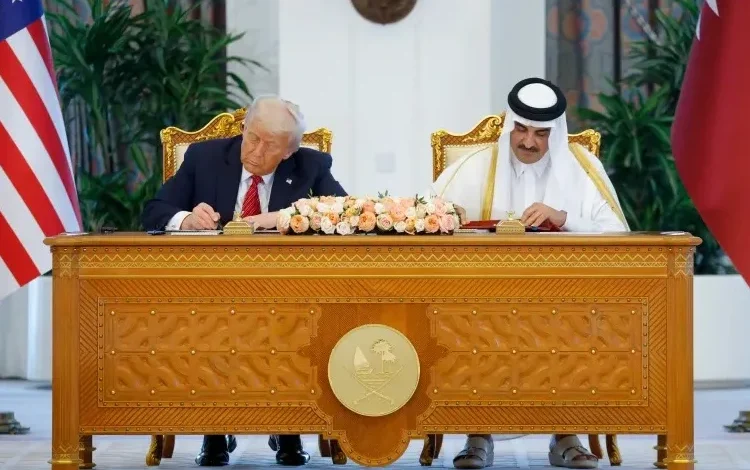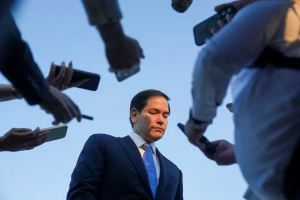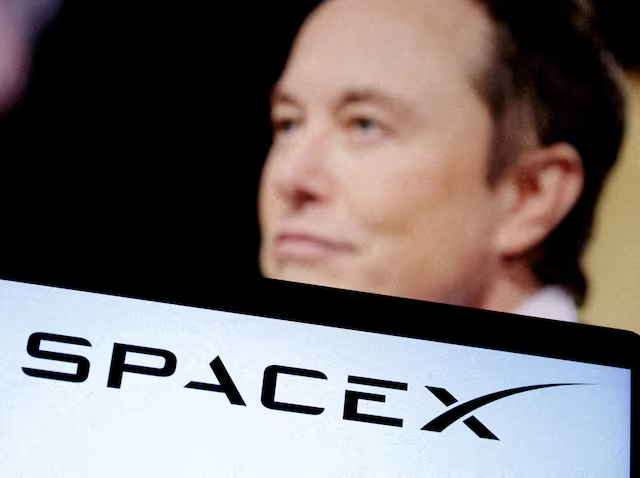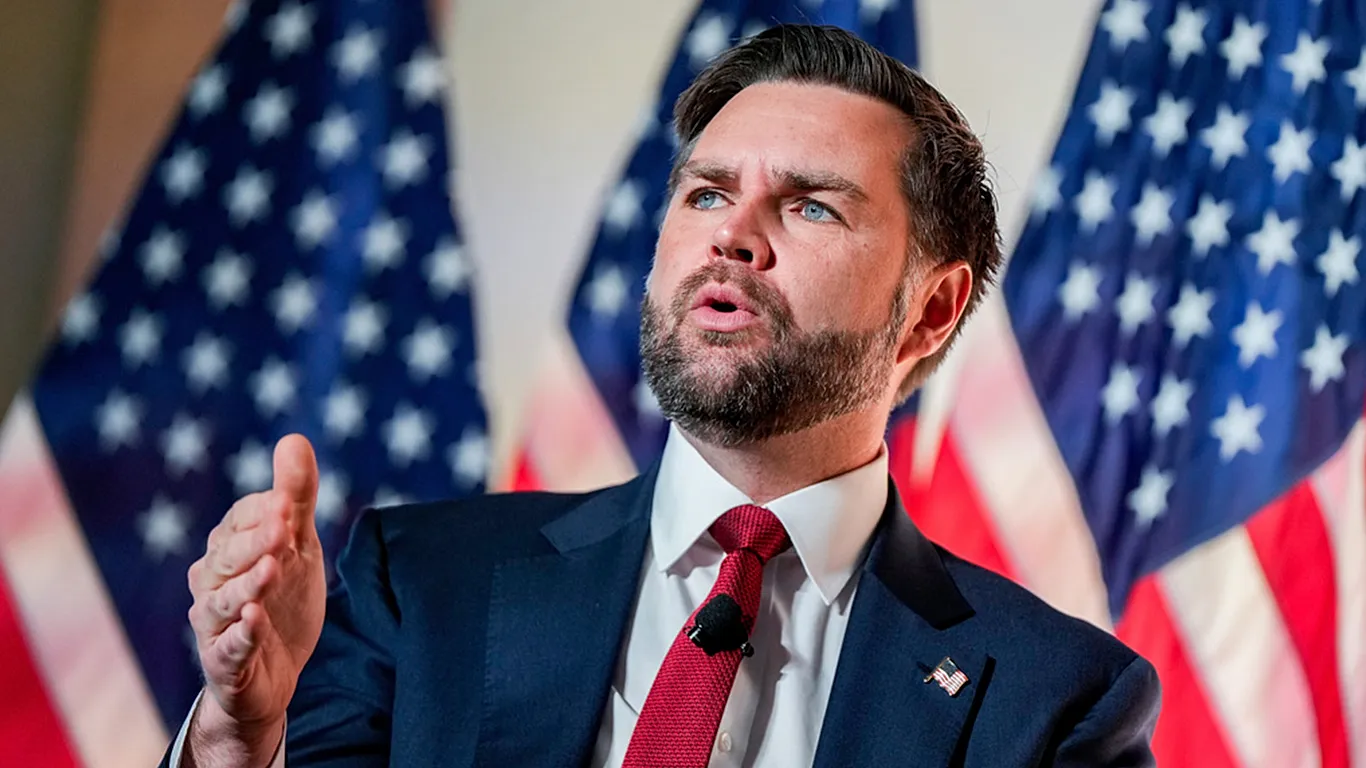EXCLUSIVE: Qatar’s Balancing Act: U.S. Defence Deal Under Shadow of Doha Attack


Source: Baker Institute
When Israeli missiles struck Doha on 9 September, killing Hamas political leaders and shocking the Gulf, it did more than rattle Qatar’s capital. It shook the pillars of America’s security architecture in the Middle East. Qatar is a close U.S. ally, home to the region’s largest U.S. airbase and a go-between in some of the thorniest negotiations of the Gaza war. Suddenly, one member of CENTCOM’s security network had attacked another.
Now Washington is trying to put the pieces back together. U.S. Secretary of State Marco Rubio rushed to Doha, met with Emir Sheikh Tamim bin Hamad al-Thani and promised that an “enhanced defence cooperation agreement” was on the verge of being finalised. Qatar’s foreign ministry said the Israeli attack “expedited” the deal. Billions of Qatari dollars in U.S. investments also ride on the relationship.
To unpack what this all means, Wyoming Star asked Kristian Coates Ulrichsen, a Fellow for the Middle East at Rice University’s Baker Institute for Public Policy, to assess the situation.
Q: How might the proposed U.S.–Qatar defence agreement reshape the security architecture of the Gulf region, especially given Qatar’s role as a mediator in Gaza?
Kristian Coates Ulrichsen:
A renewed and enhanced defense agreement would be consistent with the deepening of Qatari-U.S. engagement in defense and security issues in recent years and is part of a layered approach to regional security in the Gulf that may become more diversified in the aftermath of the Israeli strike on Doha on September 9.
Editor’s Note:
The statement shows a paradox: Qatar wants to be the mediator in Gaza and also the host of the region’s most powerful military force. The new agreement would lock that dual role in place just as Israel tests the limits of U.S. security guarantees.
Q: Does the agreement risk further entangling Washington in regional tensions, particularly between Israel and Hamas, or does it offer a stabilising effect?
Kristian Coates Ulrichsen:
While the U.S. has longstanding defense cooperation agreements with the Gulf States, any current risk of entanglement in regional tensions stems primarily from actions undertaken by Israel rather than by the Gulf States, which was not always the case in the past, as in Yemen after the Saudi- and Emirati-led military intervention in 2015.
Editor’s Note:
Here we can see a subtle shift: the Gulf monarchies are no longer the wild card they were in Yemen; it’s now Israel’s unilateralism creating headaches for Washington’s Gulf diplomacy.
Q: How do you assess the impact of the Doha attack on the U.S.–Qatar relationship and Qatar’s position as an intermediary in Middle East conflicts?
Kristian Coates Ulrichsen:
The Doha attack has caused shock in Doha and other Gulf capitals as it forces a reassessment of security considerations given that one member of CENTCOM essentially attacked another, so officials will likely be seeking urgent assurances from U.S. counterparts as to what guardrails may be put into effect to ensure it will never happen again, as President Trump told the Emir of Qatar when they spoke.
Editor’s Note:
This underlines the unspoken question hanging over Doha: can Qatar still be the trusted mediator while sheltering U.S. forces and being targeted by Israel? Qatar has already signalled that “protecting our sovereignty” comes first, putting its mediation on hold even as Rubio urges it to keep brokering talks.
The Bigger Picture
For Washington, the new defence pact is about reassuring a shaken ally and keeping the Gulf’s most important mediator inside its security umbrella. For Qatar, it’s about extracting concrete guarantees after a humiliating breach, and recalibrating how far it can still play go-between when its own territory is fair game.

Source: Reuters
The Gaza war has blurred traditional lines. Israel, emboldened and angry, threatens Hamas leaders “wherever they are.” Qatar, once the quiet channel to Islamist movements, is under attack. The U.S., caught between its most powerful regional partner and its indispensable mediator, is trying to hold the ring together with promises and signatures.
Whether the enhanced defence cooperation agreement stabilises the region or simply locks in the next flashpoint depends on how each side (Washington, Doha, and Jerusalem) interprets its boundaries after Doha’s trauma. For now, Qatar is still at the centre of the chessboard, but the board itself is shifting.









The latest news in your social feeds
Subscribe to our social media platforms to stay tuned